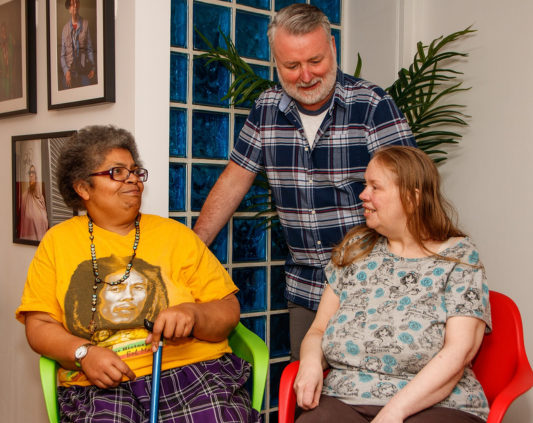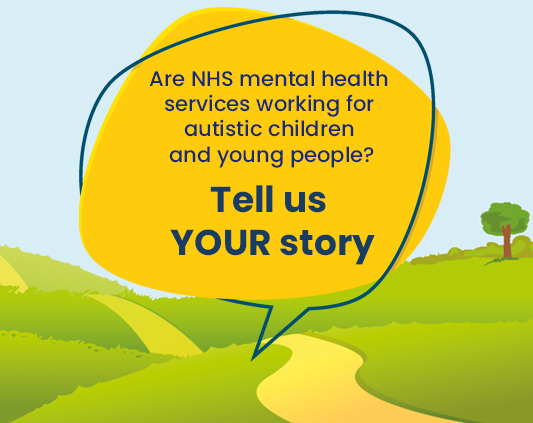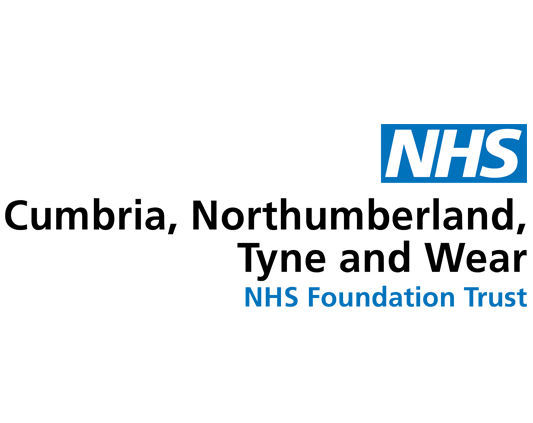Care challenges for neurodiverse people
Neurodiversity is a word used to describe the different thinking styles that affect how people communicate with the world around them. It includes dyslexia, autism, Attention deficit hyperactivity disorder (ADHD), Tourette’s Syndrome and more. Neurodivergent people encounter challenges accessing services that meet their needs. It affects a substantial proportion of the UK population. It has been estimated that 15% of the UK population could be neurodivergent.
Healthwatch England looked at the healthcare issues that neurodivergent people can face.
- Autistic individuals are more likely to have chronic mental and physical health conditions and report lower quality healthcare than others.
- Neurodivergent people are more than twice as likely as the general population to have hypermobile joints and experience pain regularly.
- A disproportionate number of people who die by suicide are autistic. Seven in ten autistic children and eight in ten autistic adults have a mental health condition. They die on average 16 years earlier than the general population.
In 2021, the government published its five-year strategy to reduce inequalities for autistic children, young people and adults. It commits to improving the timeliness of autism diagnoses and training of health and social care staff so that they understand and meet the needs of autistic people.
This is welcome, as our evidence shows that neurodivergent people struggle to access services which meet their needs.
Long waits
We heard about long waiting times for diagnoses and support, with people passed from pillar to post in their quest to get support. The long waits can be very disruptive for children and young people.
“My son is 10. He has extreme anxiety, which prevents him from attending school and daily activities. He has previously tried to attack myself and siblings with hammers, scissors etc and has been suicidal with threats to take his life.
As he is suspected autistic, which we have been told the diagnosis is two to four years for, CAMHS declined to help as they can’t deal with autistic children apparently. GP can only refer to CAMHS. Early help sent us a woman whose only suggestion was a sticker chart.
No one is willing to help my son. We have been told our only option is to call the police when he goes into meltdown who will take him away, which would cause him and our family extreme trauma and still wouldn’t enable him to access any help.”
– Story shared with Healthwatch England
Lack of accessible support and information
We’ve also heard that neurodivergent people struggle to get the proper support or information in a suitable format to enable them to engage with health and care services.
Phone appointments, waiting areas that overload the senses, changing appointments at short notice, a lack of continuity of care and professionals who don’t take the time to reassure can cause neurodivergent people anxiety when trying to get support from services.
“Communicating my private health needs to a complete stranger is very difficult for me. I need to speak to someone who knows me. This is typical of someone who is neurodivergent but the system is set up for neurotypicals who can navigate it.
In my mind this is discrimination. I am being forced to conform to something I cannot do, process, cope with and learn to manage.
Neurodivergent people cannot learn to be neurotypical anymore than the blind can learn to see or wheelchair users manage without ramps/stairs.”
– Story shared with Healthwatch England
Lack of support after diagnosis
Healthwatch Northumberland researched issues raised by parents and carers of autistic children and young people in Northumberland. They reported parents mentioned a lack of follow-up support after receiving a diagnosis and a feeling of being left to do their own research about their or their loved one’s condition, how to manage it and support available.
“As soon as they were eventually diagnosed they were discharged and we were told it was up to us to research and learn how to support them”.
How can we improve patient experience for neurodiverse people?
One answer to this is ensuring that the Accessible Information Standard is adhered to across services.
This sets out what steps health and social care services should take to ensure that people are given information about their health and care in a format they can understand.
However, our research on the Accessible Information Standard found that people who need information in a format they can understand struggle at every stage of their healthcare journey.
Freedom of Information Act requests asked NHS trusts how well they comply with the Standard. They found that only a third of those who responded said they were fully compliant.
Therefore, we have called for a review of the Accessible Information Standard. We worked with NHS England to feed in the findings and recommendations of our work into the review.
Please get in touch with your experiences of accessing and receiving care, as a neurodivergent person or as the parent or carer of someone who is neurodiverse.







